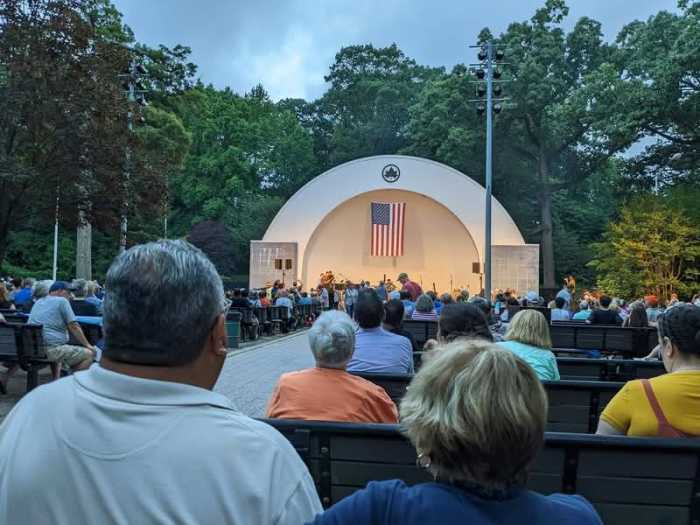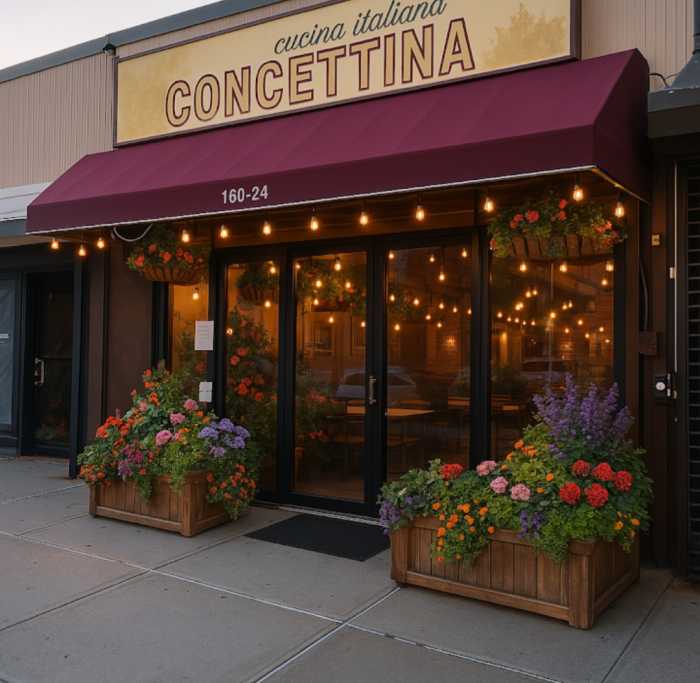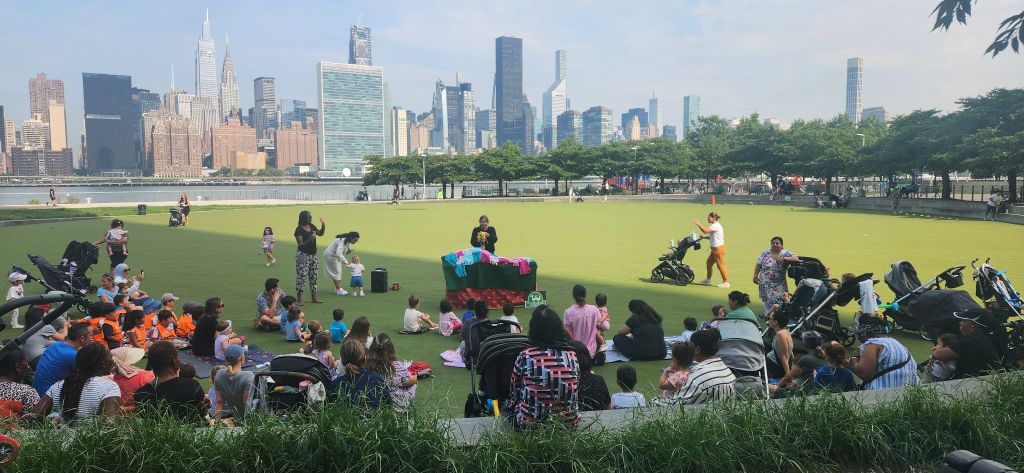By The TimesLedger
In a letter printed in last week's editions, Richard Hellenbrecht of the Queens Civic Congress, an umbrella group of Queens civic organizations, lectures us on the value of what he calls “civic activism.” He concludes that the Times Ledger “disenfranchises large portions of your readership” with its editorial stand on three issues of great importance to the civic organizations of Queens.
We, of course, disagree.
To disenfranchise normally means to deprive someone of the right to vote or to otherwise participate in a democratic process. We would argue that we have done more to enfranchise our readership than any paper in Queens. A long list of statewide and national journalism awards will attest to that. We have reported without fear or favor on the issues of greatest importance to the people living in Queens. And we have covered both sides of the three issues singled out in Mr. Hellenbrecht’s letter.
The fact that we ran Mr. Hellenbrecht’s letter in full is further evidence of our desire to give our readers the information they need to make informed decisions.
In general we applaud the civic activists who seek to improve the quality of life in the neighborhoods in which they live. We gave our support to neighborhoods fighting to get a traffic light at a dangerous intersection and we applauded the community activists who fought to close sex shops and topless clubs.
And we stood with the Queens Civic Congress when it questioned the Port Authority's plans to build a link to Kennedy Airport because the AirTrain did not offer a one-seat ride.
We have seen civic activism at its best and at its worst. We strongly opposed a civic in Flushing that wanted to put a fence around its neighborhood to keep the undesirables out and then sought to close a nearby public high school.
We challenged the thinking of civics in southeast Queens which opposed the opening of a multiplex theater because we believed the theater would encourage economic development.
And we opposed the civic activists in Bayside who successfully blocked the expansion of St. Mary’s Hospital, a facility that cares for children battling devastating illness. In this case, we thought the welfare of the children treated at this hospital and their families was more important than the complaints from homeowners about traffic in their neighborhoods. These families had no political franchise in northeast Queens, no civic organization to argue their cause.
We have repeatedly used this space to defend the rights of retarded adults to live in group homes in residential areas, even though we drew the ire of homeowners and the civic activists who speak for them.
In short, we value the work of the borough’s many civic organizations but we will not hesitate to disagree with them. Our readers can count on that.
Editorial: A different kind of park
In his letter Mr. Hellenbrecht reiterates his opposition to plans to alter Flushing Meadows Corona Park to accommodate the 2012 Olympics. He argues that “huge parts of the park would be closed for years” to prepare for water sports that will last 17 days.
Had this logic prevailed in earlier times, there would have been no World’s Fairs in Queens, no Unisphere, no Hall of Science and no Shea Stadium.
We value Flushing Meadows and we trust it will continue to be a great place to play soccer and other sports. But this is a unique park with a unique history.
We are excited that Queens may play a role in the 2012 Olympics even if it is only for 17 days. The changes planned will make Flushing Meadows a better park for everyone.


































